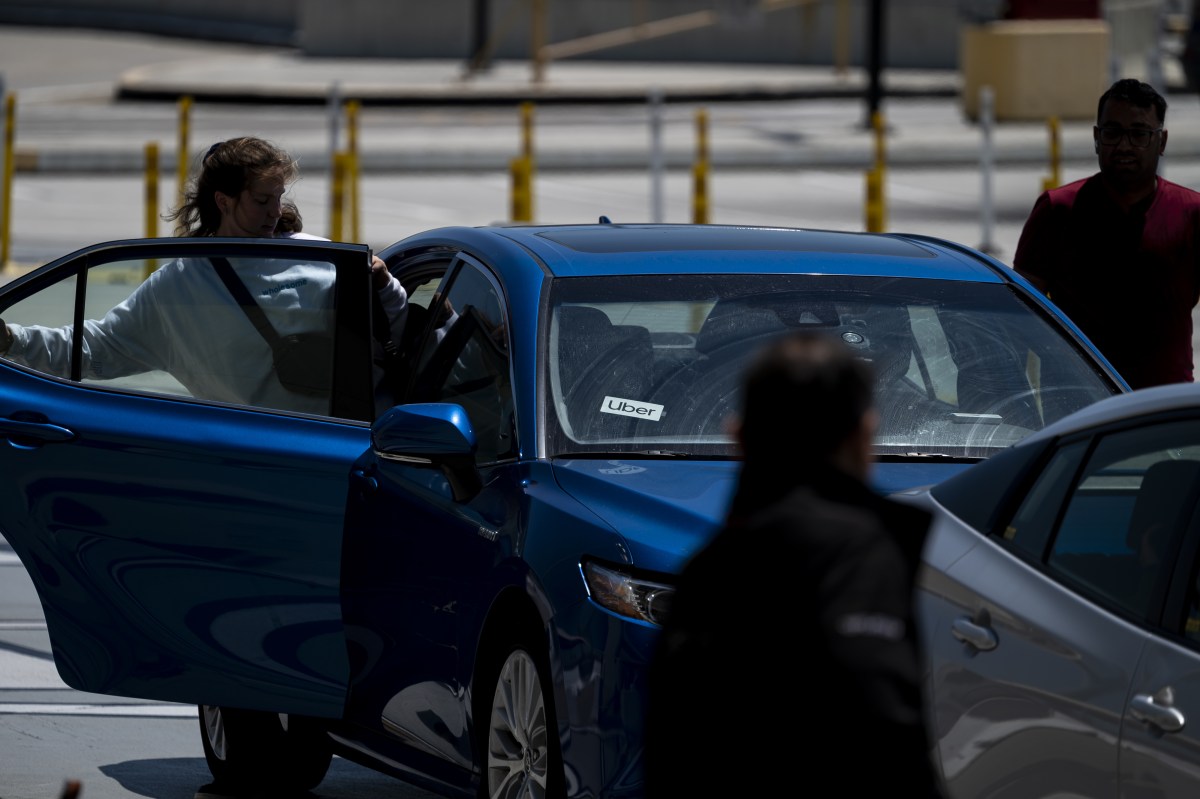Uber reported strong second-quarter results, with gross bookings and net profit both up by a decent margin. But the company instead chose to highlight the success of its autonomous vehicle effort — likely to assuage investors concerned about incoming competition from Tesla, which aims to reveal its first robotaxi in October.
Uber said in its second-quarter results statement that the number of trips performed by autonomous vehicles rose 6x from a year earlier – up from what the company didn’t say. And, the first thing the company highlighted in its presentation deck was AVs in a section titled, “Autonomous Vehicle Spotlight.” It detailed how the ride-hail and delivery giant has the right utilization, consumer experience and go-to-market expertise to “drive the greatest value for AV partners.”
Tesla CEO Elon Musk has repeatedly described Tesla’s future robotaxi network as having a similar business model to Uber and Airbnb, where Tesla owners could add their properly equipped vehicles to the carmaker’s own ride-sharing app. In places where there aren’t enough people to share their cars, Tesla would provide a dedicated fleet of robotaxis.
Uber began partnering with Waymo, Alphabet’s autonomous vehicle subsidiary, in October 2023 to offer robotaxi rides in Phoenix. That progressed to autonomous deliveries in the city in April.
The company noted in its investor deck that having a hybrid network of autonomous and human drivers “enables consistent, high-quality and reliable consumer experiences across all geographies, 24/7.”
Uber is also counting autonomous freight shipments in the total AV trip count. The company partnered with AV trucking company Waabi in September 2023, and the two companies have been doing commercial pilots between Dallas and Houston with a driver behind the wheel for the last 11 months. More recently, the company signed a multi-year deal with Aurora Innovation, another AV trucking startup, that will see the latter’s autonomous driving tech being offered on the Uber Freight network through 2030.
Uber has also partnered with sidewalk delivery robot companies Serve Robotics and, more recently, Cartken to deliver food autonomously on the Uber Eats network.
Uber has not shared how many autonomous vehicle trips it has facilitated over the past year. Neither Waymo nor Waabi immediately responded to requests for comment.
Uber said it would announce more details on its AV plans in the coming months. That could include its recent deal with BYD to bring 100,000 new EVs onto the platform in Latin America, Europe, Canada, Australia and New Zealand. The tie-up will give drivers discounts on BYD vehicle purchases or rentals, and the two companies will also collaborate on “future BYD autonomous-capable vehicles” to be deployed on Uber’s platform.
“BYD has committed to very, very significant investments in the AV space,” said Uber CEO Dara Khosrowshahi on Tuesday’s earnings call. “And judging from what they have accomplished in the EV space, I would make a bet on them in AV, as well.”
In June, BYD announced a $14 billion investment in autonomous vehicle technology.
Investor response to Uber’s results has been positive. Uber’s shares were up 6% in premarket trading at the time of writing, and are climbing back to levels they traded on last Thursday, before the broader stock markets tumbled.
Uber also reported better-than-expected gross bookings in Q2, which rose 19% to $39.95 billion, slightly higher than the $39.7 billion predicted by analysts. In adjusted terms, Uber recorded net profit of $1.57 billion, again ahead of the $1.5 billion that analysts projected. Uber also said quarterly operating profits hit a record.
Uber forecast third-quarter bookings between $40.25 billion to $41.75 billion, and said it expected headwinds to the tune of $400 million due to the recent strengthening of the dollar compared to other currencies.

